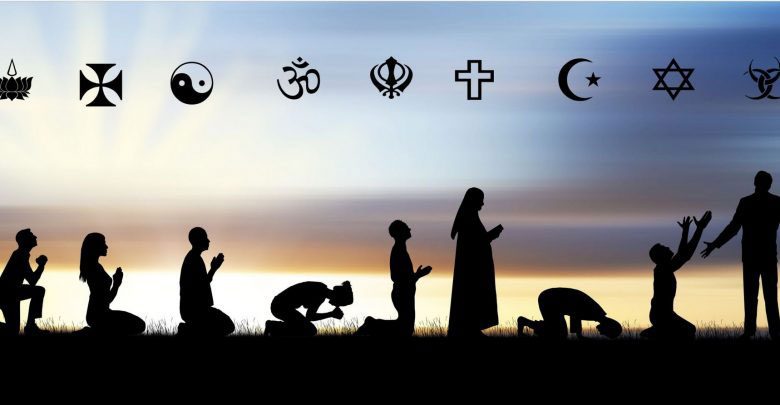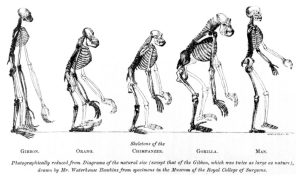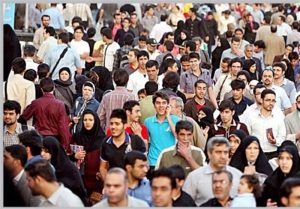Sociology of Religion
The Sociology of Religion is a subfield of sociology that examines the beliefs, practices, and organizational forms of religion within a social context. It explores how religion shapes and is shaped by society, using sociological methods and theories to analyze religious phenomena. This field investigates the social functions of religion, its impact on social structures, and its relationship with other social institutions.
Key Aspects of the Sociology of Religion:
- Social Construction of Religion: Sociologists view religion as a social and cultural construct, influenced by social relations like class, race, and gender.
Social Functions of Religion:
Religion can fulfill various social functions, including providing meaning and purpose, reinforcing social unity and stability, and promoting psychological well-being.
Social Impact of Religion:
Sociologists study how religion influences social change, stratification, and issues like nationalism and persecution.
Religious Organizations:
The field analyzes different types of religious organizations (e.g., churches, denominations, sects, cults) and their impact on individuals and society.
Secularization:
The process of secularization, where religion loses its influence on public life, is also a key area of study.
Theoretical Frameworks:
Sociologists employ various theoretical perspectives, such as functionalism, conflict theory, and symbolic interactionism, to understand religion’s role in society.
Contemporary Issues:
The field also examines contemporary issues like the relationship between religion and politics, the impact of globalization on religious diversity, and the role of religion in social movements.
Methodological Approaches:
Research in the sociology of religion utilizes both quantitative (surveys, statistics) and qualitative (interviews, ethnographic studies) methods.
Key Figures in the Field:
- Émile Durkheim: His work, particularly “The Elementary Forms of Religious Life,” explored the social functions of religion and the concept of the sacred.
Karl Marx:
He viewed religion as a tool of social control and an “opiate of the masses,” influencing social inequality.
Max Weber:
His research focused on the relationship between religion and economic development, particularly in his book “The Protestant Ethic and the Spirit of Capitalism”.
Peter Berger:
Known for his work on the social construction of reality and the sociology of religion, including the concept of “sacred canopy”.
In essence, the sociology of religion provides a critical and analytical framework for understanding the complex and multifaceted role of religion in human societies




























Post Comment